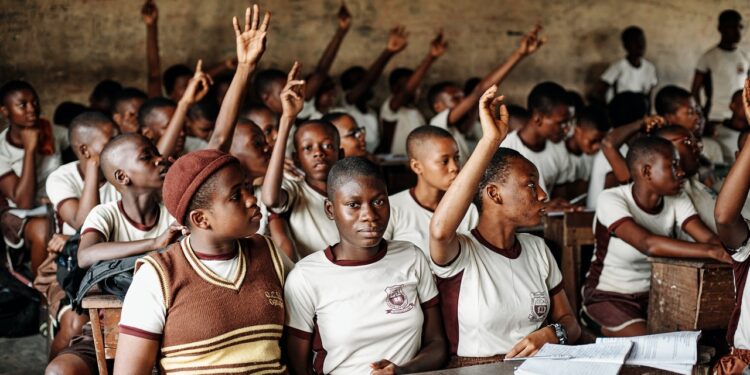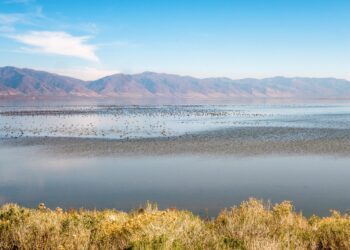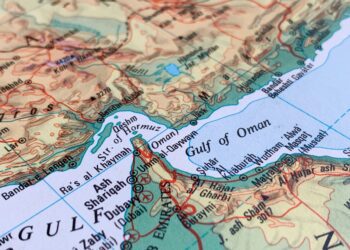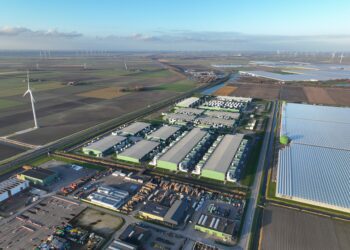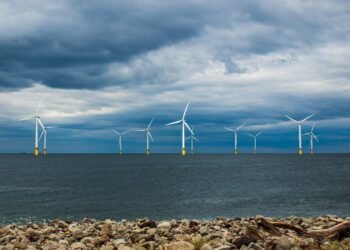On the shores of the coastal Senegalese city of Saint Louis, climate change is no longer a distant threat. It is already a current issue impacting the people who live there. Hundreds have had to flee the devastating effects of rising sea levels and erosion, leaving behind their livelihoods, aspirations and opportunities.
This example illustrates how the cost of inaction is far greater than the cost of early investments in prevention. According to the newly released Groundswell West Africa report, up to 32 million people – the equivalent of Ghana’s population – might be compelled to move internally by 2050 if countries don’t take concrete and immediate climate and development action. This movement might start as early as 2030.
The story of West Africa has long been a story of people having to migrate to adapt to changing climate and look for livelihood opportunities: nomads traveling the Sahel to feed their livestock, fishermen braving stormy seas, or merchants crossing the desert.
Yet despite the region being the lowest contributor to global carbon emissions, the people of West and Central Africa are now facing unprecedented challenges. Climate change is already wreaking havoc across the region and climate shocks disproportionately affect the poorest households with long-term impact on their human capital. In the arid Sahelian strip, temperatures are rising 1.5 times faster than the global average, worsening the region’s existing issues of droughts, desertification and erosion.
With growing water scarcity, pastoralists are looking for new pasturelands and farmers are facing lower crop productivity. This has also increased the risk of conflict between farmers and herders at the start of the agriculture season. In Nigeria alone, we estimate that 9 million citizens could be pushed to migrate in some of the country’s most vulnerable regions unless early action is taken by the government. Core cities like Dakar in Senegal and Lagos in Nigeria are also threatened by rising sea levels, storm surges and desertification.
Millions of city dwellers might be compelled to leave these rapidly growing hubs while fragile areas like Northern Nigeria or the Mali-Burkina Faso border could face more climate migration, putting pressure on the land and livelihoods.
Time to act
It is time for our countries to take swift action to avert tomorrow’s crisis. Combating climate change is critical for the region’s development. As highlighted in theGroundswell West Africa report, ‘immediate and concerted action to reduce global emissions and support green, inclusive, and resilient development, could reduce the scale of climate migration by as much as 60% in West Africa’.
African countries can harness opportunities from the crisis to prioritize programmes that support adaptation and build resilience. This will require strong leadership and an integrated and far-sighted strategy, as well as a big step up on finance. Recent analysis from the World Bank’s latest Africa’s Pulse report estimates that Sub-Saharan Africa will require about $30 billion to $50 billion each year over the next decade to finance investments in climate adaptation.
Governments will need to mobilize resources both domestically and internationally, and link climate-related finance with critical governance reforms. This means building agriculture value chains, supporting food and water security, developing green energy, promoting green cities and mitigating climate shocks.
The World Bank Group has put climate at the core of its actions and through the Next Generation Africa Climate Business Plan, it aims to deliver $22.5 billion for climate action in Sub-Saharan African countries, with at least half focused on adaptation and building resilience. In West and Central Africa, the West Africa Coastal Areas Program (WACA) is helping countries build the resilience of coastal communities in Benin, Cote d’Ivoire, Mauritania, Sao Tome and Principe, Senegal and Togo.
This facility has led to several initiatives, from waste management to tourism villages and public-private partnerships in ports management. These initiatives have provided thousands of young people with jobs and business opportunities. A series of country climate and development reports will be conducted for Cameroon, Ghana, and the G5 Sahel countries to help analyse how climate change impacts countries’ development and identify priorities for building resilience to improve growth and development.
In the Sahel, the Regional Sahel Pastoralism Support programme is helping pastoral herders in their agricultural practices across six West African countries. In addition, more than $5 billion will be invested over the next five years to build climate-resilient communities across 11 Sahelian countries that are part of the Great Green Wall initiative. This will finance over 60 projects – covering a variety of sectors including agriculture, energy, and transport – with a focus on promoting livelihoods, restoring degraded landscapes, and improving agricultural productivity. In Congo Basin countries, the World Bank also has a strong commitment to supportingforest-smart development and is helping countries design and implement policies and integrated programmes for reducing emissions from deforestation and forest degradation.
These are just some examples of how we are scaling up our climate investments.
Addressing climate change requires bold reforms and massive investments across key economic sectors, but we cannot afford inaction. The international community must do its part to cut greenhouse gas emissions and meet the temperature goals of the Paris Agreement. We owe it to our children and future generations in West and Central Africa and beyond.
About the author: Ousmane Diagana is Vice President, Western and Central Africa, World Bank.
This article originally appeared at https://www.weforum.org/agenda/2021/10/west-and-central-africa-climate-migrants/ and is republished with permission.

